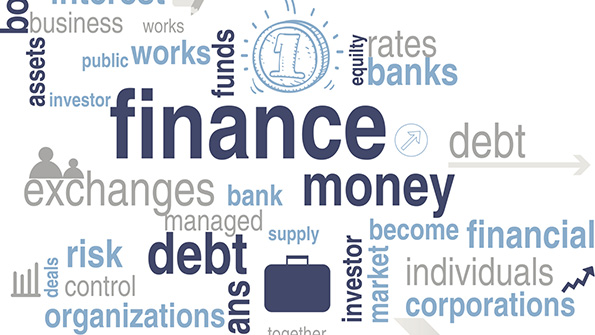
Capital One Sharebuilder rebranded on Monday as Capital One Investing, merging its online brokerage and advisory practice divisions. Yvette Butler will manage the new business, which will include a new team of advisors and the upcoming launch of an Advice Center, equipped with a portfolio builder tool, automatic investing plan and retirement calculator for retail investors. “Digital is transforming the investing experience. Whether a customer needs personalized guidance, or wants to invest independently online or by mobile device, Capital One Investing is committed to making solutions more accessible, more intuitive and more customized to our clients’ needs,” Butler said.
Britain Switched to Fees, But What Are They?

Industry stakeholders often look to the United Kingdom as an example of what a commission-free world might look like. (The UK banned commissions in January 2013.) But the switch to fees has not been all roses; in fact, many investors don’t know what fees they’re paying, according to the Daily Express. Justin Modray, founder of IFA Candid Financial Advice, found that only five of the 50 largest advisory firms disclosed their fees online, the publication reported. As a result, many people are afraid to seek financial advice for fear that it will be too expensive.
Why Buyback ETFs Aren’t Keeping Up

Companies flush with cash are buying back their shares at a record clip. Goldman Sachs estimates share repurchases will hit $600 billion this year, or 30 percent of total cash spending; Some investors (but certainly not all) think this means companies are confident in their prospects and know their shares are undervalued. So why aren’t ETFs designed to invest in these companies doing better? ETF.com points out that two buyback ETFs are underperforming the broader market. Why? Market prices are already elevated for these companies with more cash than options, and, as Meb Faber tells ETF.com, “CEOs historically have been poor at timing buybacks.”

Are you trying to decide the best way to ease your children into thinking about financial matters? Jennifer Ryan Woods provides a map of 11 financial words that you should teach your kids, and at what age. According to the article, you should teach your child about the word “savings” as early as age 4, as it is easier for kids to grasp and “can have a huge impact on those who embrace it early.” Other important terms include budget, loan, debt, interest, taxes, investment, stock and credit score. Next, you can teach your grown kids the meaning of "elder care."




